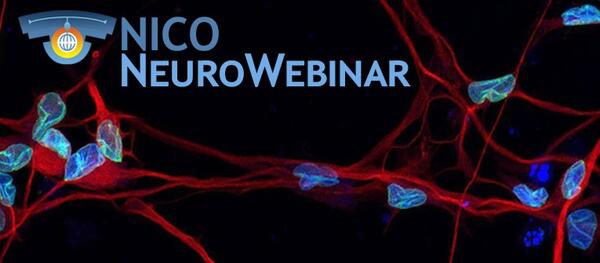Tuesday, 22th September - h 14:00
Seminars room, NICO
Intracellular FGF signaling in the CNS:
implications for normal brain function and neuropsychiatric disorders
Fernanda Laezza
Department of Pharmacology & Toxicology, University of Texas Medical Branch
The primary focus of our research is on voltage-gated Na+ (Nav) channels, a family of nine (Nav1.1-1.9) transmembrane proteins abundantly expressed in the brain. Through a complex network of protein:protein interactions (PPI), the Nav channel complex provides the basis for electrical excitability of neurons, enabling transmission, processing and storing of electrochemical signals at single synaptic connections.
The Nav channel complex is a vulnerable target of genetic modifications and environmental agents. Mutations targeting the pore-forming α subunit of the Nav channel or its accessory proteins, such as intracellular FGFs, ankyrin-G, bIV spectrin and neurofascin, are recognized causes or risk factors for epilepsy, mood disorder, autism, depression, schizophrenia, pain and neurodegeneration, making the Nav channel complex one of the most appealing targets for drug development.
Yet, the mechanisms underlying modulation of the Nav channel macromolecular complex in the brain are still poorly understood limiting our ability of molecular interventions against these relevant proteins. Current projects in our laboratory aim at filling knowledge gaps in this area of research with an emphasis on the intracellular fibroblast growth factors (iFGFs; FGF11-14), a group of versatile and potent regulators of the Nav channel biophysics, trafficking and function in the brain.
Host: Filippo Tempia









